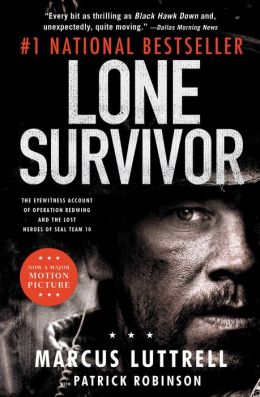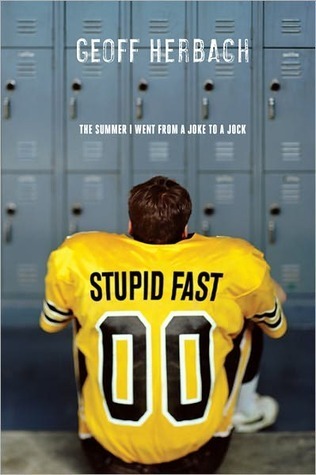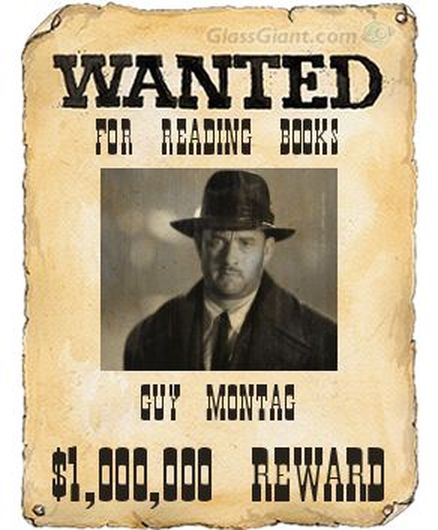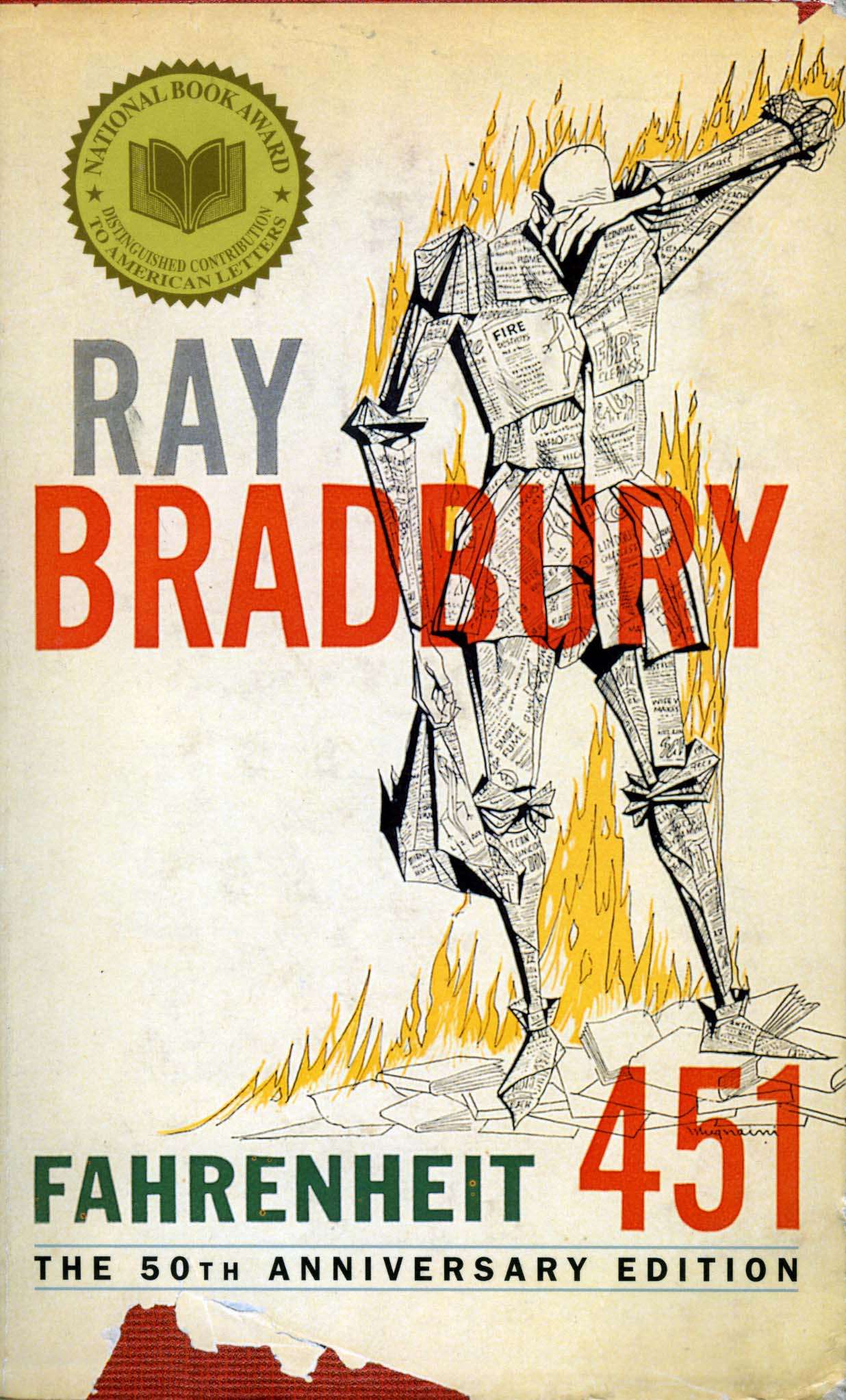
The book
Lone Survivor by Marcus Luttrell (in
theaters now) is one of two books written by Marcus who is a former United
States Navy SEAL. He received the Navy Cross and the Purple Heart for his
courageous and brave actions he took in 2005 while fighting a couple hundred Taliban
in Operation Red Wings, which was a special operation aimed at taking out a
high priority Taliban leader and American target.
Lone Survivor is a memoir of the accounts that occurred on the
fateful day in Afghanistan in the Hindu Kush where the other members of his SEAL
team were killed with the hatred for Americans that existed in the heart and
cold soul of those Taliban warriors. This is the story of a brotherhood. “It’s strictly American brotherhood, mostly
forged in blood. Hard-won, unbreakable.”
Lone Survivor takes place in the
mountains of Afghanistan, specifically, the Hindu Kush. This mountain is a well-known
Taliban tribesmen hideout and home to multiple Taliban leaders. One of these Taliban
leaders being Ben Sharmak was Marcus’s SEAL Team’s objective, to either capture
or kill the ferocious Taliban leader who despised Americans for everything they
represented. He was also the man who killed hundreds of Marines in roadside
bombs and ambushes in weeks earlier.
While
reading this great book, many people may wonder why Marcus Luttrell refers back
to the ROE’s and Liberals and tries using a strange sense of humor in his
detailed description of the battle and other accounts while stationed in
Afghanistan. It seems that Marcus tends to incorporate this humor into his
writing style to almost ease the pain of what he is saying, like a nervous joke
or laughter. First off, ROE stands for Rules Of Engagement, which are the rules
that all U.S military personnel must follow. And these rules state, “that we could
not shoot, kill or injure unarmed civilians… How about the innocent-looking
camel drovers making their way through the mountain passes with enough high
explosives strapped to the backs of their beasts to blow up Yankee Stadium? “
Later on in the paragraph, Marcus tries to explain this further with humor by
saying that, “we could not shoot that camel drover before he blew up all of us,
because he might just be taking his dynamite for a walk.” Although most people
might see this as a funny and comical remake, like it was meant to be, Marcus
is all business when he is explaining this.

As
Marcus tries desperately to describe his fallen brothers, Mike Murphy, Matthew
Axelson, and Danny Dietz there is never any point in the entire book that
Marcus isn’t grateful for the actions that those brave men took on that
mountain.
The development of the characters isn’t the
best but it will be suffice since Marcus couldn’t really develop them in any
way. He gives us, the audience, a straight-forward approach to each character.
For example, when Marcus originally introduces Mike Murphy he right away tells
us that he thinks he is the bravest man he has and ever will meet. As the
audience, we later find out why when Marcus is carefully explaining each of his
members deaths in the battle. Marcus explains how Mike Murphy died by flat out
saying, “And the Lieutenant Murphy walked out into the open ground… walked
until he was more or less in the center, gunfire all around him, and he sat on
a small rock and began punching in the numbers to HQ…Knowing the risk,
understanding the danger, in the full knowledge the phone call could cost him
his life,” Marcus later goes on to tell how Mike was shot and continued to
fight until he eventually died. This in-depth account of how just one of his
brethren died is horrific enough, so now imagine witnessing that two more
times. From reading this novel and just sitting in shock from the words on
pages, there is no true need to try to develop Mike, Matthew, and Danny since
the words speak for themselves.
Like all great
novels there are multiple themes that are present, but there’s always a select
few that stick out and make an impression on the audience. In many fictional
novels it may be difficult for a reader to find that needle-in-the-haystack
theme that has a lasting effect on your life. For me, that theme was a part of
the Navy SEALs promise. A promise that has been lived out by many men and women
that aren’t only SEALs, but also civilians. And that theme is that you are
never out of the fight. This means that no matter what happens, you keep on
fighting, you never give up, and you most certainly never quit! Marcus gives
the audience a couple chances to discover the theme. The first one is when he
was at Navy SEAL prep training and he had broken his leg and kept on trying to
climb up the wall even though he kept falling and landing on his broken leg.
The second example was when Lieutenant Murphy is shot in the back when making
the call into HQ; he keeps on fighting till his last breath. Even-though there
is blood spurting out of his chest and back, he keeps on firing and taking down
enemy combatants to protect his teammates, who like himself have also been shot
and injured.
The rating that
I would give this book is a 10/10, because of the in-depth detail and extremely
precise accounts of what happened in Marcus’s life as a U.S Navy SEAL and also
what happened on the mountain. Another reason this book deserves a 10/10 is
because of the emotion that as a reader I can feel in his writing, even though I
don’t know Marcus or any of the fallen SEALs. The final reason would have to be
the theme; because it just gives off such a powerful and radiant light that everyone
could incorporate into his or her lives.
Lastly I want to take the time to
thank Marcus Luttrell for his service for this country and also shinning the
light on a story that needed and deserved to be told to do justice for those who
had fallen during Operation Red Wings.
 When I originally looked at the list of books that were
available to be chosen from, none truly stuck out to me until I arrived at this
book, Where Things Come Back by John Corey Whaley. I think what first
caught my attention was the book cover. I know the cliche “don’t judge a book
by its cover” but this book just caught my eye. Then, I decided to do a little
research on the book and found out that it was about more than just a bird, it
was about a boy who magically disappeared into thin air one day, and a high
school graduate who wanted nothing more than to get his father’s approval, and
how a silly bird could bring all of these things together. For me, I think what
really convinced me to choose this book was the fact that the main plot is
about a high school boy and his brother who eventually disappears one day, and I
too have a brother so I feel a connection to it.
When I originally looked at the list of books that were
available to be chosen from, none truly stuck out to me until I arrived at this
book, Where Things Come Back by John Corey Whaley. I think what first
caught my attention was the book cover. I know the cliche “don’t judge a book
by its cover” but this book just caught my eye. Then, I decided to do a little
research on the book and found out that it was about more than just a bird, it
was about a boy who magically disappeared into thin air one day, and a high
school graduate who wanted nothing more than to get his father’s approval, and
how a silly bird could bring all of these things together. For me, I think what
really convinced me to choose this book was the fact that the main plot is
about a high school boy and his brother who eventually disappears one day, and I
too have a brother so I feel a connection to it. 




